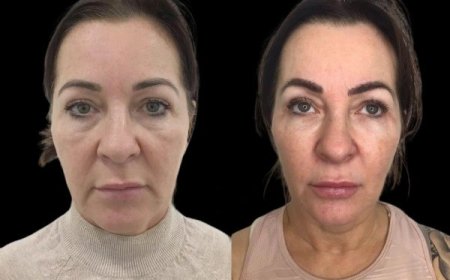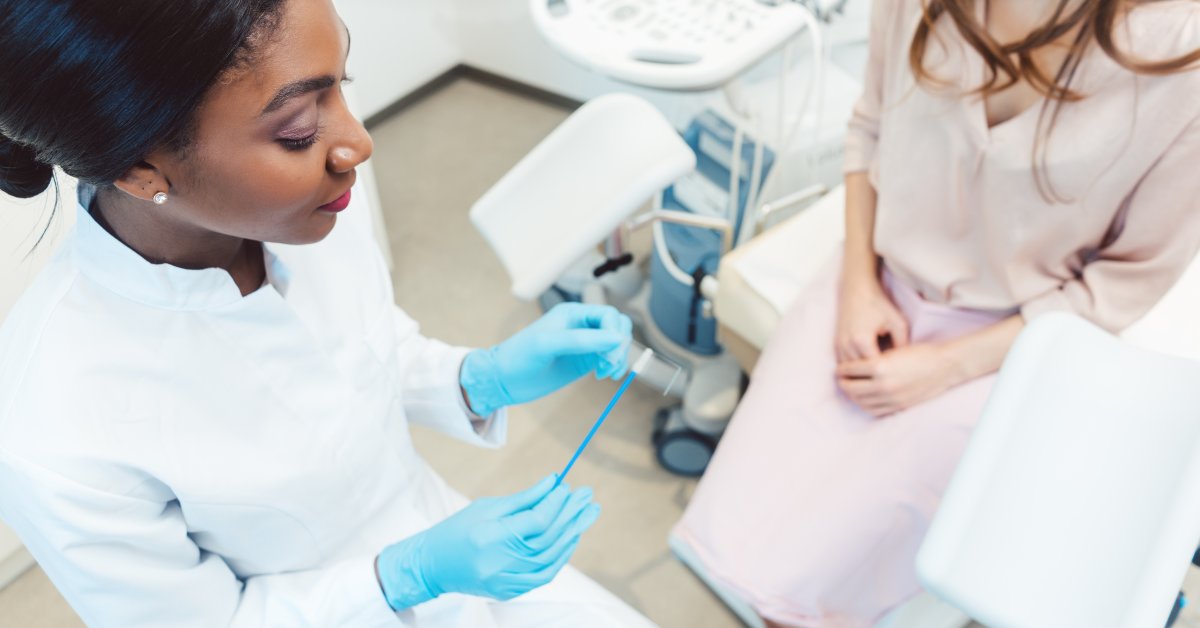Family Dentistry for Seniors: Managing Oral Health as You Age
7 Surprising Ways Aging Affects Your Smile And How Family Dentistry Can Help
Aging is inevitable, but tooth loss and declining oral health dont have to be. As we get older, our mouths undergo significant changes that can affect everything from chewing to speaking even our confidence. Many seniors are surprised to learn that dental issues like gum disease, dry mouth, and tooth sensitivity become more common with age. Thankfully, family dentistry for seniors offers comprehensive care that evolves with your needs, ensuring you can enjoy a healthier, more comfortable smile well into your golden years.
In this guide, we explore the unique oral health challenges seniors face, why family dental care is essential in later life, and how you can maintain strong teeth and gums with the right strategies and professional support. Whether you're caring for yourself or an aging loved one, this article provides actionable insights that can truly make a difference.
Why Oral Health Is Crucial for Seniors
A healthy mouth isnt just about having white teeth or fresh breath. For seniors, maintaining good oral hygiene is directly linked to overall wellness. Research consistently shows that poor oral health is associated with systemic conditions like heart disease, diabetes, respiratory infections, and even cognitive decline. Inflammation and infection in the mouth can spread throughout the body, compounding existing health issues.
As we age, our immune system becomes less efficient, healing slows down, and common chronic conditions can complicate oral care. This makes prevention and early treatment even more vital. Visiting a dentist regularly, preferably one who understands the evolving needs of older patients, is key to catching problems early and minimizing risks.
Common Dental Problems in Seniors
Tooth Wear and Sensitivity
Years of chewing, grinding, or acidic foods and beverages can wear down enamel, exposing the sensitive inner layers of the teeth. This can make eating and drinking uncomfortable and increase the risk of cavities.
Dry Mouth (Xerostomia)
Many seniors take medications for high blood pressure, depression, or chronic pain all of which can cause dry mouth. Without enough saliva, the mouth becomes more susceptible to decay and infection. Saliva is essential for washing away food particles and neutralizing acids.
Gum Disease (Periodontitis)
Gum disease is incredibly common among older adults and can lead to tooth loss if left untreated. Symptoms include red, swollen gums, bleeding when brushing, and receding gums. Because gum disease can progress silently, regular dental checkups are essential.
Tooth Loss and Denture Complications
Missing teeth are not just a cosmetic issue. They affect chewing ability, nutrition, and even speech. While dentures or implants can restore function, they must be properly maintained and periodically evaluated to ensure a comfortable fit.
Oral Cancer Risk
Oral cancer risk increases with age, especially for those who smoke or consume alcohol. Routine dental visits can help with early detection, which is critical for successful treatment.
The Role of Family Dentistry for Seniors
Family dentists are uniquely equipped to handle the full range of dental issues that seniors may encounter. With a comprehensive and compassionate approach, family dentistry for seniors focuses not only on treating problems but on preventing them often catching early signs of decay, gum disease, or bite changes before they become more serious.
Family dentists also develop long-term relationships with their patients. For seniors who may feel nervous about visits or have mobility challenges, this continuity of care builds trust and convenience. Moreover, having a single dentist for multiple generations of a family fosters better communication about inherited conditions or shared dental habits.
In locations like Lake Mary, Florida, family dental practices often provide extended services tailored to older adults. These include advanced cleanings, denture fittings and adjustments, fluoride treatments, and guidance on managing dry mouth or medication-related side effects. Opting for family dentistry Lake Mary ensures seniors receive targeted, convenient care in a familiar environment.
Tips to Maintain Oral Health After 60
Oral health doesnt decline solely because of age its mostly due to neglect or misinformation. Here are some essential habits seniors should adopt to protect their teeth and gums.
Brush and Floss Consistently
Use a soft-bristled toothbrush and fluoride toothpaste to brush at least twice a day. Flossing daily removes plaque from between teeth and along the gumline, areas a toothbrush cant reach.
Stay Hydrated
Combat dry mouth by drinking plenty of water and limiting caffeine or alcohol. Sugar-free gum or lozenges containing xylitol can also stimulate saliva production.
Manage Diet for Dental Strength
A diet rich in calcium, vitamin D, and antioxidants supports both dental and bone health. Limit sugary snacks and acidic beverages that can wear down enamel.
Dont Ignore Dental Pain or Changes
Sensitivity, bleeding gums, sores that dont heal, or shifting teeth are all red flags. Prompt evaluation by a dentist ensures issues are addressed before they escalate.
Visit the Dentist Twice a Year
Regular checkups allow your dentist to clean areas you cant reach, check for signs of gum disease or oral cancer, and make personalized recommendations based on your medical history.
How Seniors Can Overcome Dental Anxiety
Dental fear isnt just a childhood concern many seniors avoid the dentist due to anxiety or bad past experiences. This avoidance can worsen health issues and lead to tooth loss. Family dentists who specialize in senior care often use gentle techniques, calm communication, and sedation options to help patients feel more at ease.
Additionally, modern dental technologies like digital X-rays, laser therapy, and non-invasive scanning have made dental procedures faster and more comfortable than ever. Seniors who havent visited a dentist in years may be pleasantly surprised at how much more relaxed and efficient modern dental visits have become.
The Connection Between Oral and Cognitive Health
Recent studies suggest a potential link between oral bacteria and cognitive disorders like Alzheimers. While more research is underway, maintaining excellent oral hygiene appears to be a protective factor for brain health. Gum disease and chronic inflammation can contribute to the bodys overall inflammatory burden, which may influence neurological health over time.
For this reason, dental care should be a part of every seniors cognitive wellness strategy. Daily brushing, flossing, and regular dental visits arent just about your smile theyre about preserving your independence and quality of life.
Choosing the Right Dentist for Senior Care
Not all dentists are equally experienced in senior oral health. When selecting a provider, look for a family dentistry practice that:
-
Has experience treating older adults
-
Offers services like denture care, oral cancer screening, and dry mouth treatment
-
Takes a patient-centered approach and spends time understanding medical history
-
Is accessible for mobility-impaired individuals
-
Provides flexible appointment times or transportation resources if needed
If you live in Central Florida, finding a trusted provider in family dentistry Lake Mary can be an excellent step toward maintaining lifelong oral health. The right dentist will partner with you to develop a care plan that evolves as your needs change.
A Final Word: Its Never Too Late for a Healthy Smile
Oral health is a lifelong commitment and age should never be a barrier to good care. With the support of family dentistry for seniors, older adults can enjoy strong, pain-free teeth and gums, better nutrition, clearer speech, and greater confidence in social settings. Whether youve maintained excellent dental habits for years or are just now returning to care after a long gap, theres always time to take positive steps.
Prioritize your oral health today, and your future self will thank you with every bite, every smile, and every conversation that feels effortless and pain-free.


































